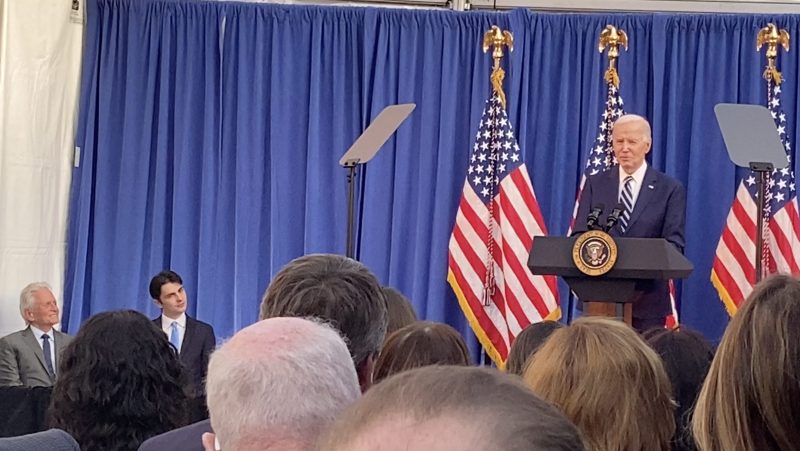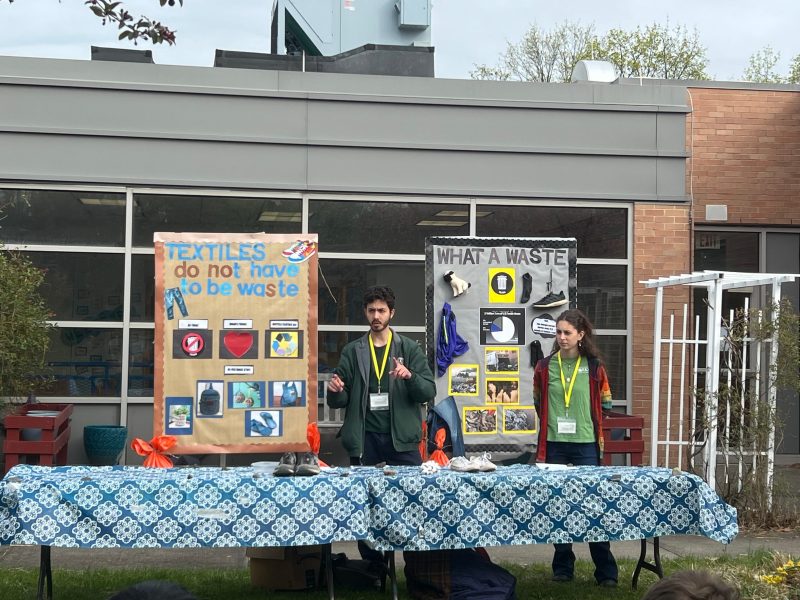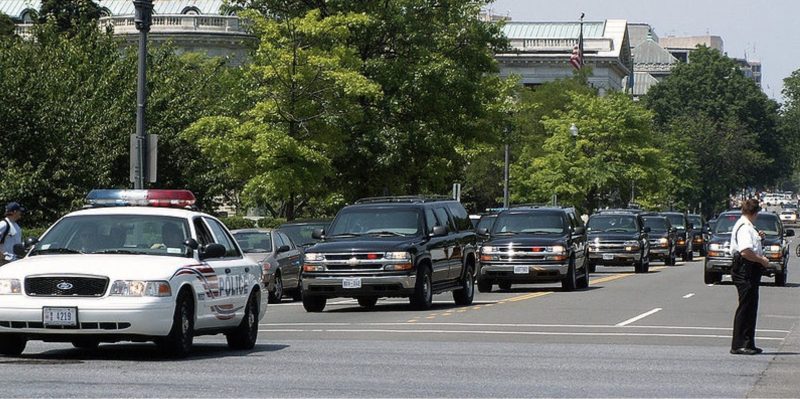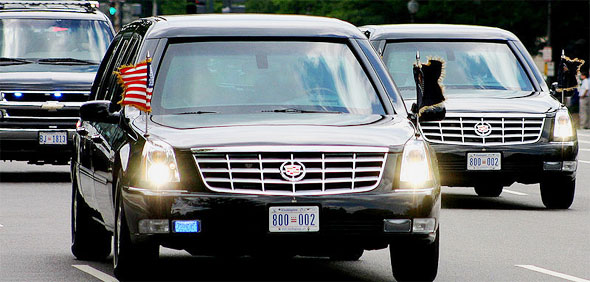
By Barrett Seaman–
Police officers summoned to a scene can’t always predict whether the situation will call for them to be combatants, psychologists or emergency medical technicians. One of the most unnerving scenarios involves someone with uncontrolled bleeding from an arterial wound, where fast, informed action can mean the difference between life or death.
This week, five members of the Tarrytown Police Department traveled to Phelps Hospital for what was for at least some of them a refresher course in how to stop the bleeding. Conducting the session was Phelps Physician’s Assistant Max Auerbach, an experienced emergency room specialist who has seen his share of life-threatening bleeds. A major wound—from the femoral artery in the upper leg, for example—would kill a person in three minutes if untreated.
All the officers routinely carry professional tourniquets with them on patrol, along with gauze packs used to stop bleeding that a tourniquet cannot. Auerbach reviewed the proper application, including using the attached “windlass” to tighten the tourniquet to the point where it is effective. “When applied correctly,” he told the class that also included Phelps security officers, “a tourniquet should hurt.”
“A little bit of pain—but you get to live?” he posed. “I think that’s a pretty good trade-off.”

There are situations where officers might not have access to a professional tourniquet, such as Tarrytown Police Officers carry with them. In the Boston Marathon bombing a decade ago, Auerbach said, 80% of those seriously wounded were saved by tourniquets, most of which were makeshift–literally stopgap—substitutes like neckties or belts. Lesson being: make do with what you have.
Harder still than limb wounds where tourniquets can be applied are torso wounds—stomach or chest wounds where the source of the bleeding is harder to reach. Here, Auerbach preached the virtues of packed gauze steeped in clot-inducing medication. The officers were encouraged to stuff gauze packs into a simulated wound in a simulated rubberized body part enough to staunch the bleeding from within.
Lung wounds pose tougher challenges, as victims struggling for air may suck it through an external wound and not reach the lung where it is needed. One solution, Auerbach said, was to find a plastic packet, like a potato chip bag, and tape it across the wound so that diverted air would be drawn into the lungs.
There are some bleeding wounds that are beyond the reach of anyone other than a surgeon in a hospital, in which case the only remedy is to get to one as quickly as possible. Cops can do that too.
Read or leave a comment on this story...
 Print
Print
























